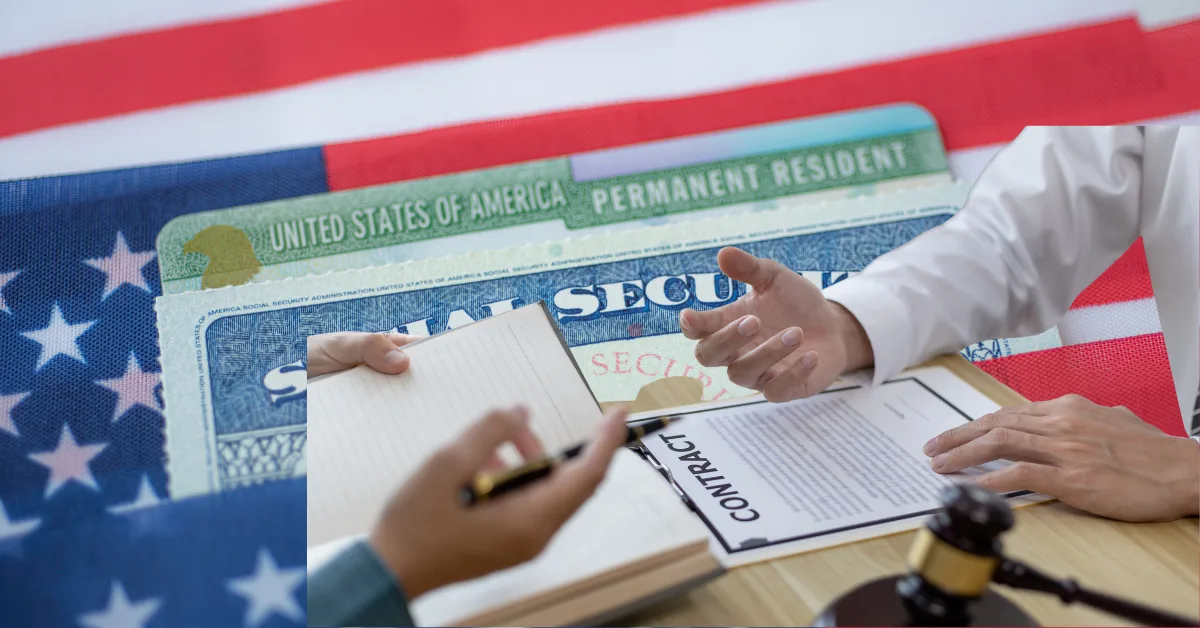The Bahá’í teachings provide a unique lens through which to understand social justice, emphasizing principles of equity, global unity, and the eradication of prejudice. This multifaceted approach to social justice resonates with contemporary societal issues, presenting a framework that advocates for a harmonious coexistence among diverse populations. This article delves into the core principles of Bahá’ís regarding social justice, illustrating how these teachings can propel societal progress towards a more equitable world.
1. The Underpinning Principles of Bahá’í Social Justice
At the heart of Bahá’í social justice lies a profound commitment to the oneness of humanity. This foundational principle asserts that all individuals, regardless of race, nationality, or creed, possess an inherent dignity that must be upheld. The Bahá’í teachings argue that true justice is unattainable unless it encompasses every segment of society. The interconnectedness of all human beings is a recurring theme, reminding us that any transgression against one individual is, in effect, a transgression against humanity as a whole.
Furthermore, the Bahá’í narrative emphasizes the importance of eliminating racial prejudices and inequities. The eradication of prejudicial beliefs is not merely a social necessity but a moral imperative that underlies the establishment of a just society. The Bahá’í community relentlessly advocates for the promotion of understanding and respect among different ethnicities and cultures, modeling acceptance and love in their interactions.
2. Economic Justice: A Balance Between Individual Rights and Community Welfare
Economic disparities pose significant barriers to achieving social justice. Bahá’í teachings advocate for a just economic system that promotes both individual rights and community welfare. The notion of wealth as a tool for service rather than mere accumulation is paramount in this discourse. The Bahá’í writings call for a new economic order rooted in the principles of generosity, humility, and concern for the well-being of others.
Moreover, the principles of moderation and simplicity play a crucial role in addressing economic justice. Bahá’ís believe that excessive materialism not only harms individuals but can also corrode the fabric of society. Thus, a balanced approach to wealth, characterized by mindful consumption and equitable distribution, is promoted. In this light, social enterprises and cooperative initiatives are encouraged as vehicles for economic justice.
3. The Role of Education in Fostering Justice
Education serves as a catalyst for social change, underlined by the Bahá’í commitment to universal access to education. The pursuit of knowledge is regarded as a divine obligation, integral to the development of human potential. An educated populace is better equipped to champion justice and equity within society.
Furthermore, Bahá’í teachings emphasize the importance of moral education alongside academic learning. The cultivation of virtues such as compassion, integrity, and justice is deemed essential for nurturing responsible citizens. Thus, the Bahá’í approach to education transcends conventional learning paradigms, aspiring to shape individuals who can contribute meaningfully to the betterment of society.
4. Gender Equality: A Pillar of Justice
Gender inequality illustrates a major impediment to social justice, and the Bahá’í teachings advocate for complete gender parity in all aspects of life. The belief in the inherent equality of women and men is central, with the understanding that the advancement of society hinges on the empowerment of both genders. The Bahá’í Faith asserts that the contributions of women to the social fabric are as vital as those of men, and thus, their full participation is crucial for achieving justice.
The proactive stance taken by Bahá’ís towards gender equality entails challenging prevailing societal norms and structures that perpetuate inequities. Education, advocacy, and community engagement are essential strategies employed to dismantle these barriers, reinforcing the belief that a just society must be predicated on equal rights and opportunities for all.
5. Community Building and Collective Action
The Bahá’í approach to social justice embraces collective action as a mechanism for addressing injustices within society. Community building is integral to creating resilient networks that advocate for change. Collaborative efforts are emphasized, encouraging individuals to engage actively in the betterment of their communities. This fosters a culture of solidarity, understanding, and shared purpose.
Initiatives focused on community service, dialogue, and cooperation are commonplace within Bahá’í communities, reflecting a commitment to collective responsibility. This collective action not only addresses immediate social needs but also contributes to the broader goal of societal transformation, reinforcing interdependence among diverse groups.
6. Advocacy for Global Peace and Sustainability
The pursuit of social justice is inherently linked to broader global issues, including peace and sustainability. Bahá’í teachings underscore that justice is not confined to local contexts but is a global ideal that necessitates international collaboration. The principles of cooperation, unity, and peace resonate deeply within the Bahá’í moral framework, urging humanity to transcend divisions for the sake of collective well-being.
In essence, the Bahá’í approach to social justice advocates for sustainable practices and policies that respect the environment, emphasizing the ethical obligation to preserve the planet for future generations. This highlights the interrelationship between social justice, environmental stewardship, and peace-building, underscoring the need for holistic solutions to complex global challenges.
Conclusion
Through the lens of Bahá’í teachings, social justice emerges as a comprehensive and dynamic pursuit that encompasses not only ethical imperatives but also practical strategies for community engagement and global collaboration. By championing principles of equity, fostering educational pathways, and advocating for gender parity, the Bahá’í community strives to cultivate a just society where every individual contributes to a shared vision of peace and well-being. As humanity navigates the complexities of the modern era, the Bahá’í perspective provides a beacon of hope, encouraging collective efforts towards achieving a more equitable world for all.
